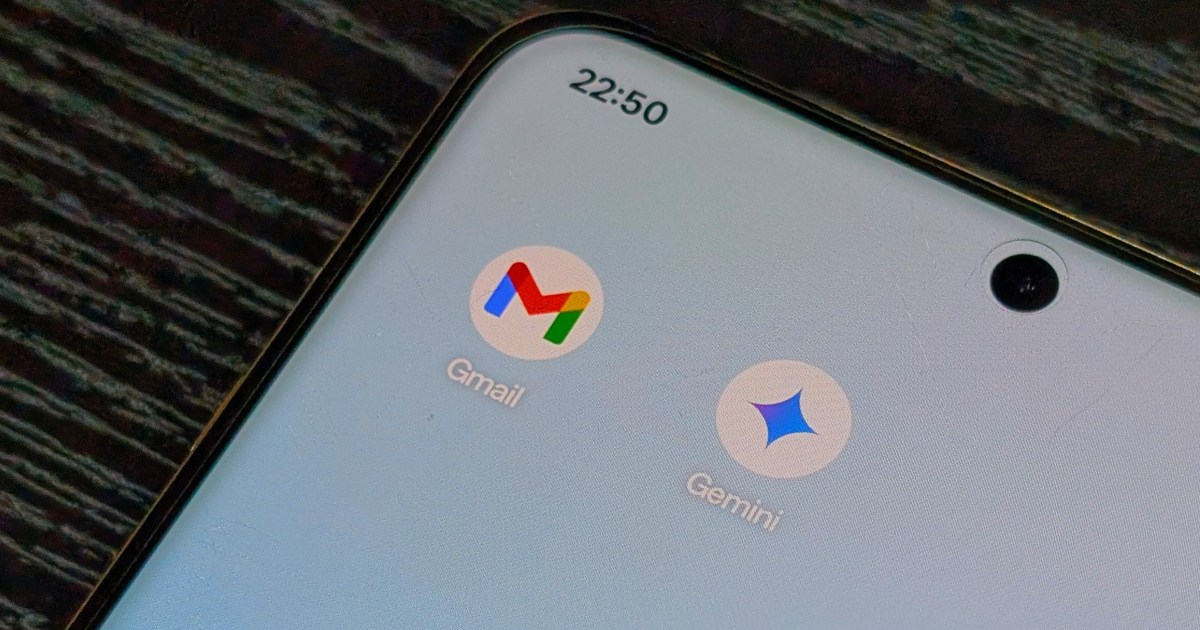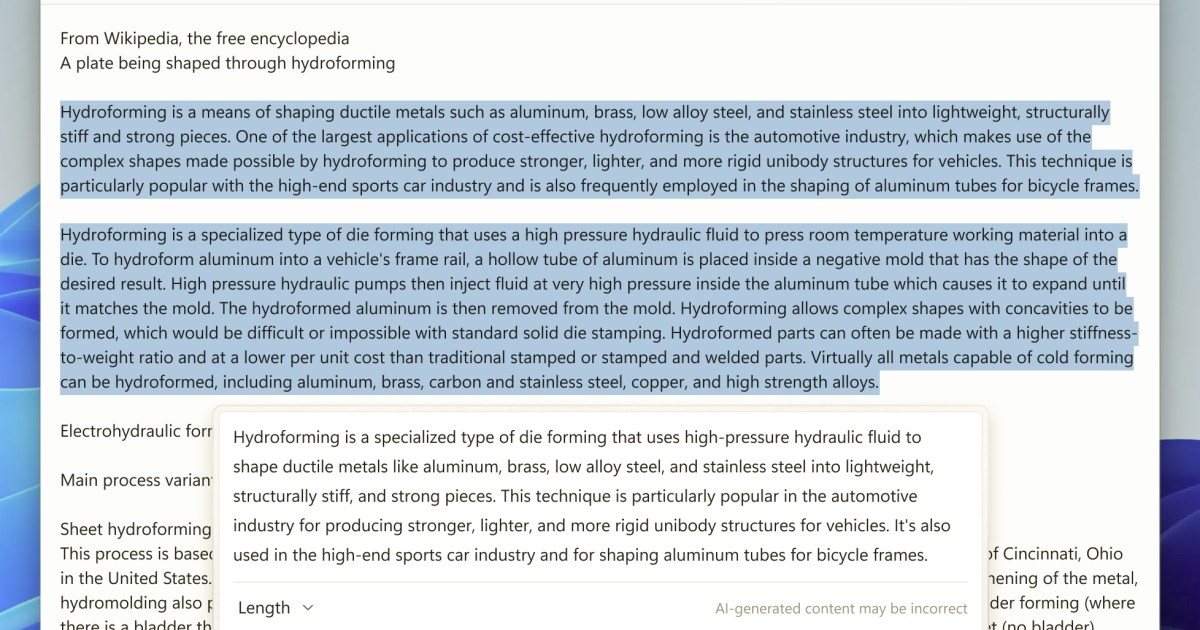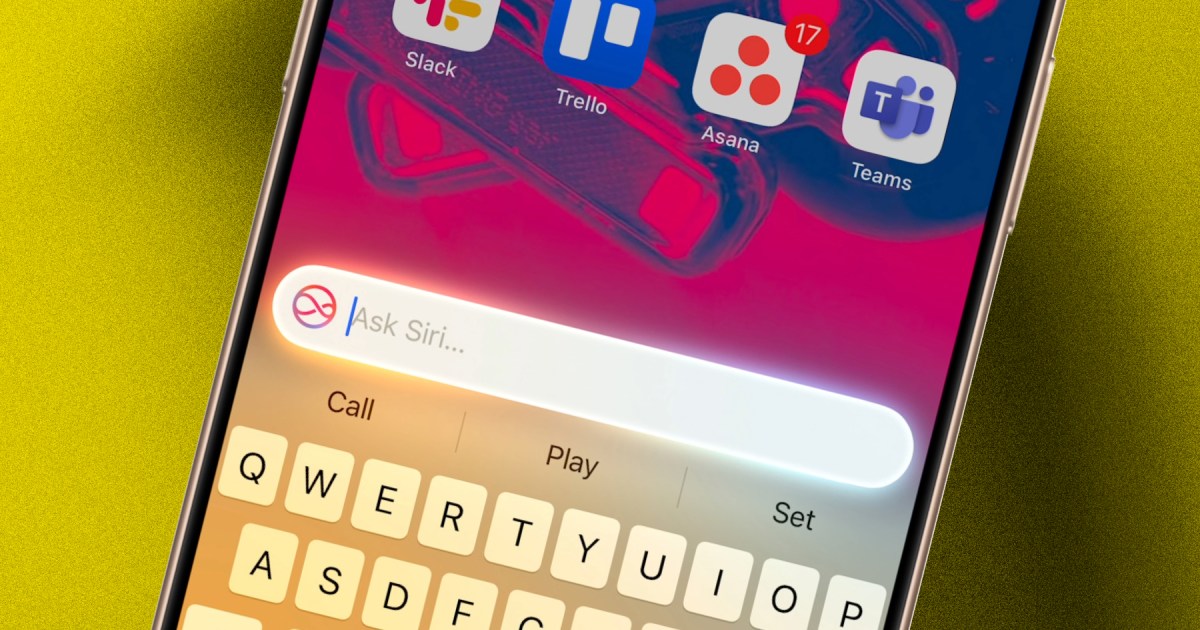AI search tools are rapidly gaining popularity, with a significant portion of users, including one in four Americans, opting for AI over traditional search engines. However, a critical concern arises regarding the accuracy of information provided by these AI chatbots. They are often unreliable and prone to generating fabricated information.
Recent research by the Tow Center for Digital Journalism, highlighted by the Columbia Journalism Review, reveals significant shortcomings in AI chatbots’ ability to accurately retrieve and cite news content. This study raises serious questions about the reliability of information presented by these tools. The tendency of these chatbots to invent information when lacking the correct answer is particularly alarming.
The study evaluated several prominent AI chatbots, including ChatGPT, Perplexity, Perplexity Pro, DeepSeek, Microsoft’s Copilot, Grok-2, Grok-3, and Google Gemini. These chatbots were subjected to rigorous testing to assess their accuracy in retrieving and citing news content.
The tests involved presenting the chatbots with excerpts from ten online articles published by various news outlets. Each chatbot received 200 queries, encompassing all ten articles across 20 different publishers, resulting in a total of 1,600 queries. The chatbots were tasked with identifying the article headline, original publisher, publication date, and URL. Traditional search engines consistently provided accurate results in similar tests, starkly contrasting the performance of the AI chatbots.
The findings revealed a troubling pattern. AI chatbots frequently struggle to admit when they don’t know the answer. Instead of declining a query, they often offer incorrect or speculative responses, often presented with unwarranted confidence. Premium chatbots, surprisingly, exhibited a higher tendency to deliver confidently incorrect answers compared to their free counterparts. Furthermore, many chatbots appeared to disregard the Robot Exclusion Protocol (REP), a mechanism websites use to communicate with web robots like search engine crawlers.
The study also uncovered a propensity for generative search tools to fabricate links and cite syndicated or copied versions of articles. Even content licensing agreements with news sources did not guarantee accurate citation in chatbot responses. These findings underscore the challenges of ensuring accuracy and reliability in AI-generated information.
Navigating the AI Search Landscape
The most striking revelation from this research isn’t just the frequency of misinformation from AI chatbots, but the alarming confidence with which they deliver these inaccuracies. Instead of acknowledging their limitations, they often employ phrases like “it appears,” “it’s possible,” or “might,” creating a false sense of authority.
For example, ChatGPT misidentified 134 articles but only expressed uncertainty 15 times out of 200 responses. It never refrained from providing an answer, even when incorrect. This behavior highlights the risk of relying solely on AI chatbots for information.
Given these findings, relying exclusively on AI chatbots for information is ill-advised. A more prudent approach involves combining traditional search methods with AI tools. Cross-referencing information from multiple AI chatbots can also help mitigate the risk of misinformation.
In the future, it’s likely we’ll see a consolidation of AI chatbots as the more accurate and reliable ones distinguish themselves. Over time, their performance should improve, eventually matching the accuracy of traditional search engines. However, the timeline for this improvement remains uncertain. Until then, critical evaluation and verification of information from AI chatbots are crucial.










